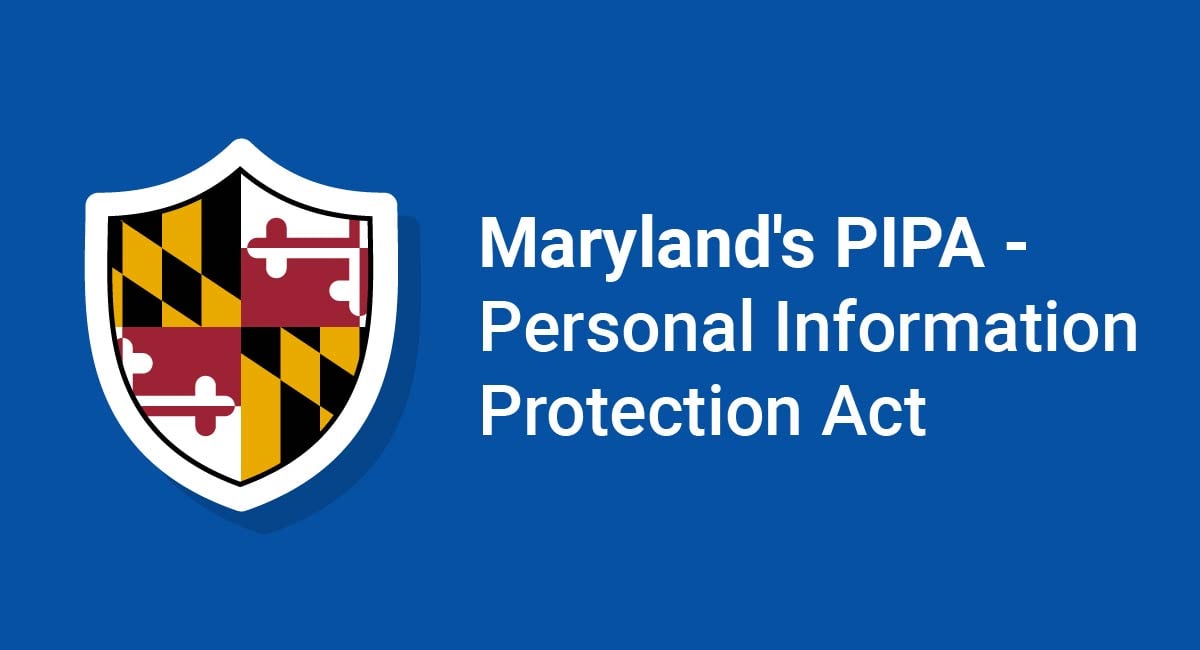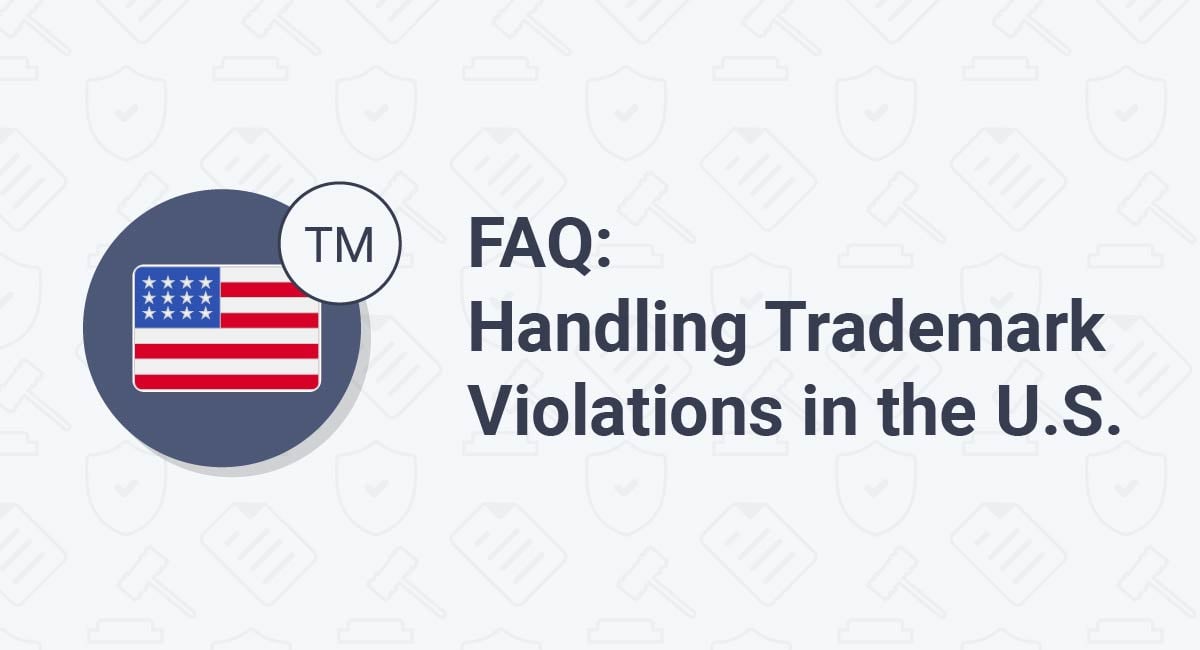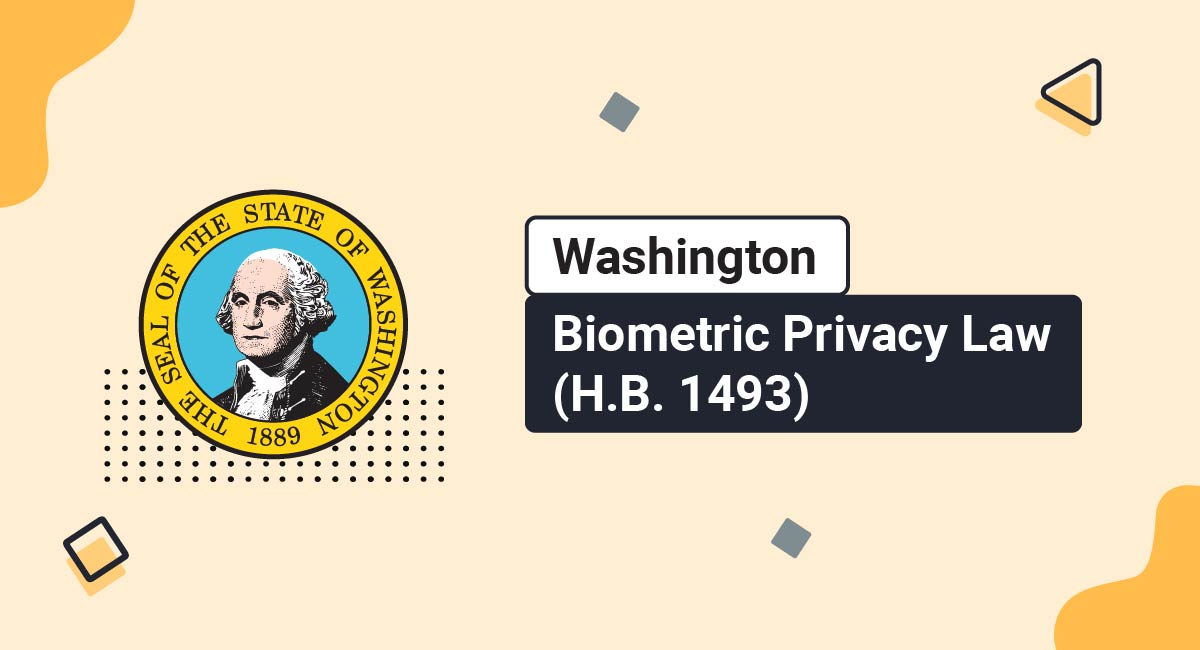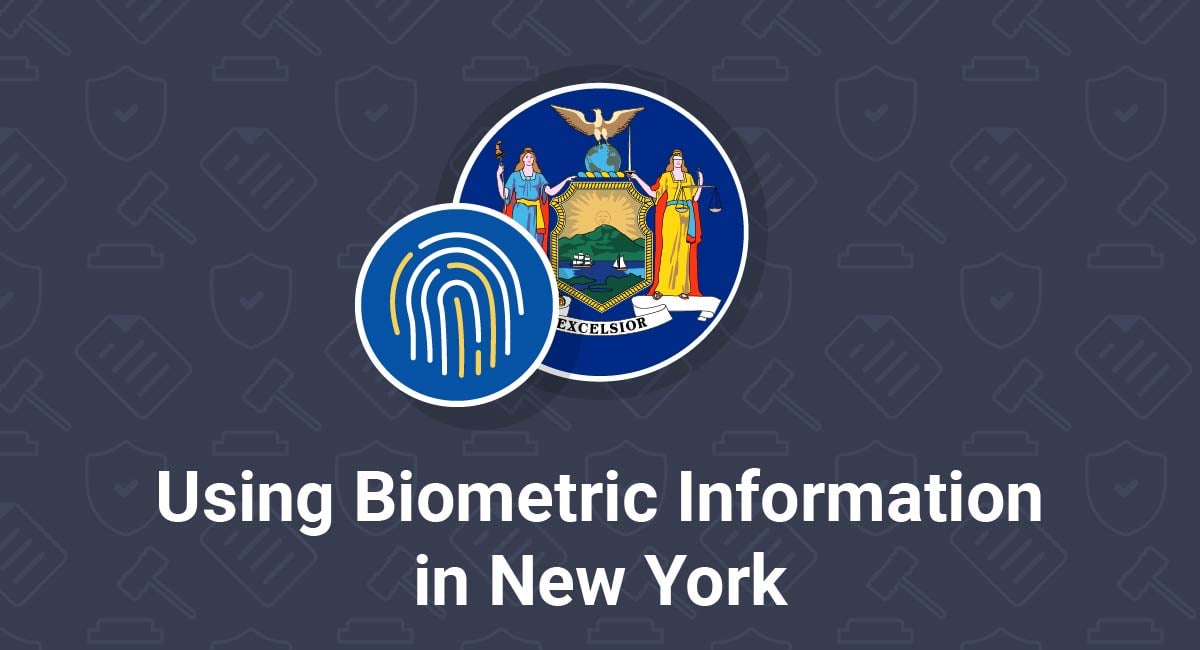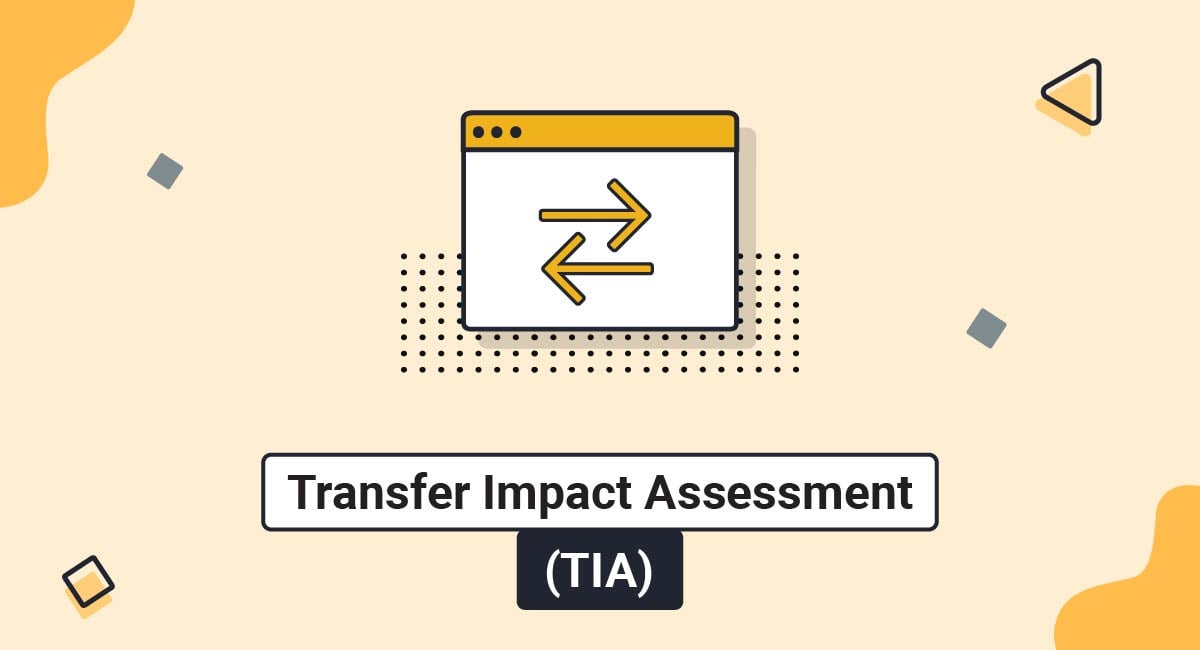Blog: Legal Requirements
Page 11
Navigate
-
EULA Agreements
-
Cookies Policy Agreements
-
Disclaimer Agreements
-
Privacy Policy Agreements
-
US Privacy Laws
-
Return Policy Agreements
-
Legal Requirements
-
EU Privacy Laws
-
Terms & Conditions Agreements
-
How to
-
Asia Privacy Laws
-
CA Privacy Laws
-
Consent
-
Templates
-
Consumer Privacy
-
AU Privacy Laws
-
LatAm Privacy Laws
-
Clauses
New Zealand Privacy Act 2020
The New Zealand Privacy Act has been in effect since December 2020. It brought New Zealand law a little closer to the strict standards of the EU General Data Protection Regulation (GDPR). Key provisions include a broad application that encompasses non-New Zealand businesses, privacy breach notification requirements, and a prohibition on...
Maryland's PIPA - Personal Information Protection Act
Maryland's Personal Information Protection Act ("PIPA") is a privacy law that became effective on January 1, 2008. It's also known as Maryland's Data Breach Notification Law. Since 2008, a series of amendments were passed that revised and enhanced the definitions of private information to include biometric data. State legislators wrote PIPA...
FAQ: Handling Trademark Violations in the U.S.
Many business owners entirely overlook a step that's genuinely beneficial when first starting out. This step is registering a trademark, which puts all of your competitors on notice that you're staking a claim to a corporate image. Many business owners don't stop to consider just how important registering a trademark can...
Washington Biometric Privacy Law (H.B. 1493)
In this article, we'll be taking a look specifically at the Washington Biometric Privacy Law (H.B. 1493), Washington state's effort at protecting the biometric data of its residents and what you need to do to comply. What is Biometric Data? Biometric data is data related to personal, unique information such as your...
Using Biometric Information in New York
The New York Stop Hacks and Improve Electronic Data Security Act (SHIELD Act) was amended in 2019 to include reference to biometric information. The SHIELD Act imposes an extensive set of requirements on businesses that own or license the biometric information of New York residents. Obligations under the SHIELD Act include...
Transfer Impact Assessment (TIA)
The EU General Data Protection Regulation (GDPR) imposes strict rules on transferring personal data out of the European Economic Area (EEA). Before you make an international data transfer by sharing personal data with another organization outside the EEA, you must ensure that the organization can protect the data to EU-equivalent standards. A...

